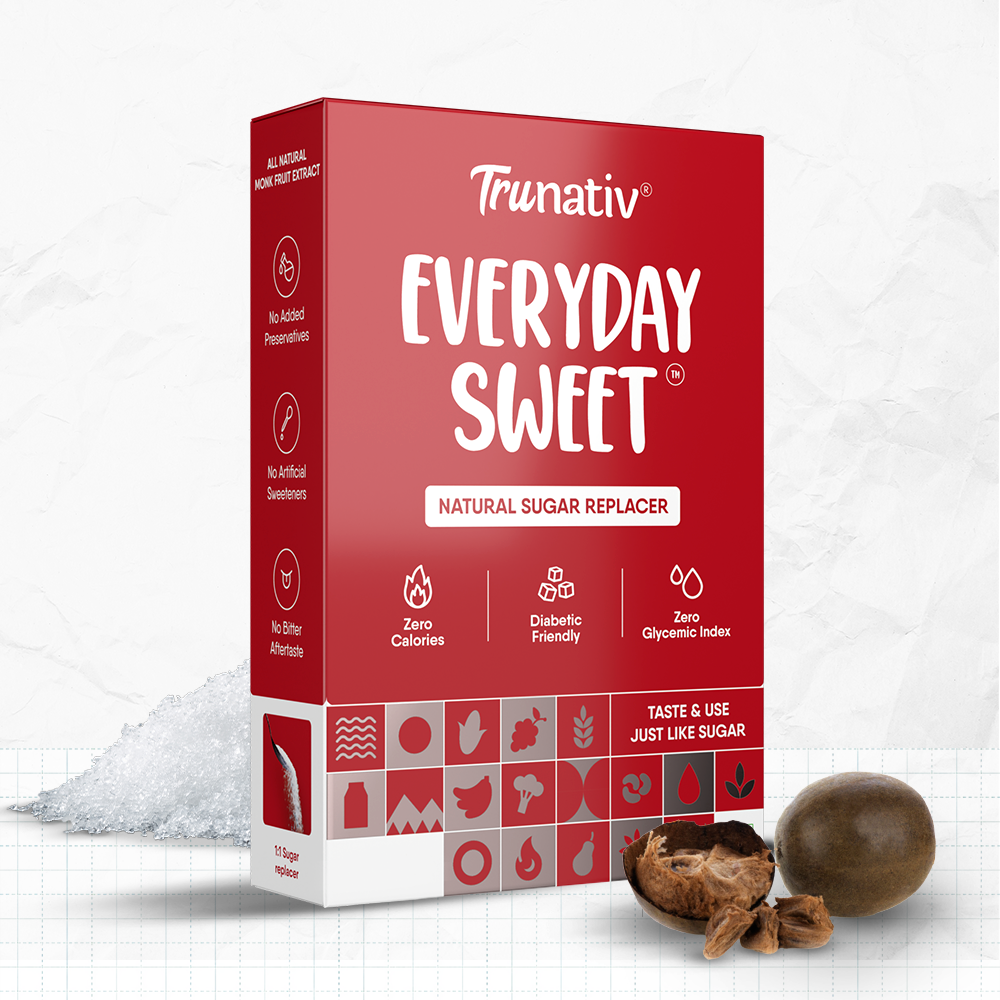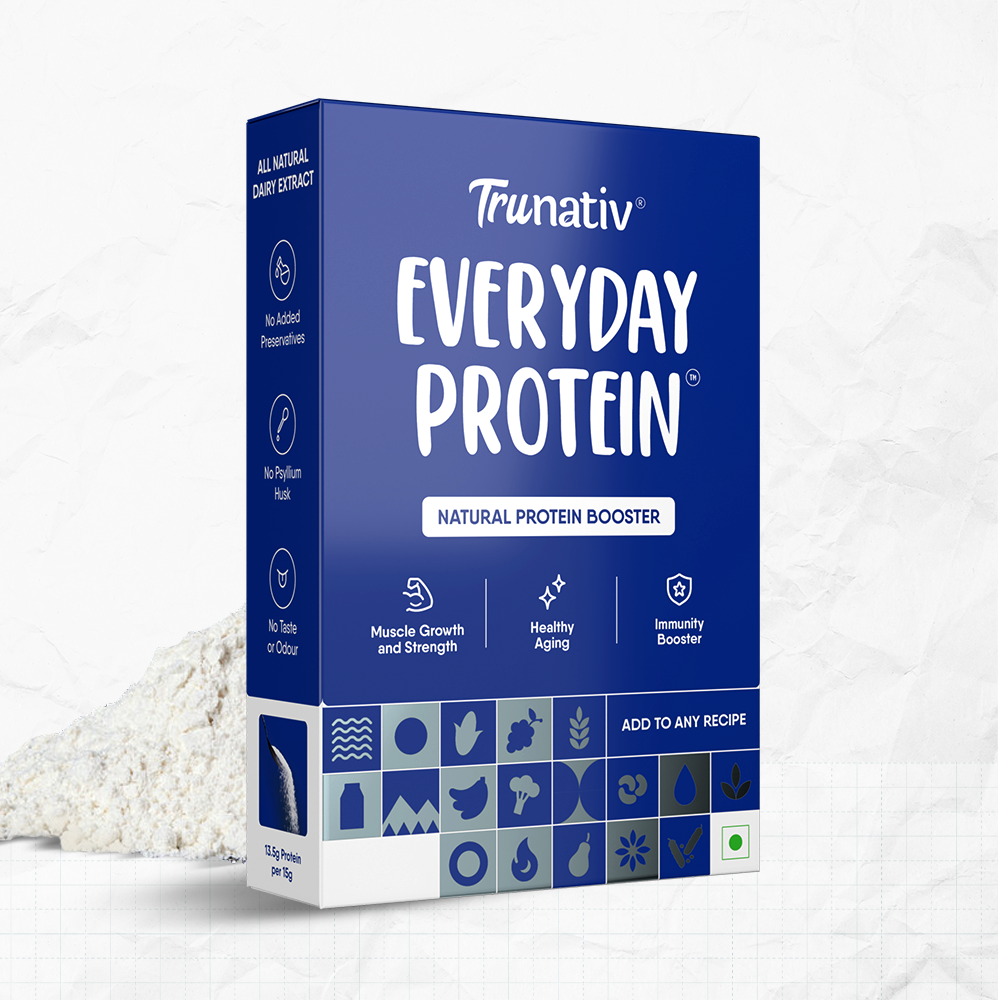

· By AMISHA SHUKLA
Is Whey Protein Safe?

Whey protein is one of the most famous supplements on the planet.
But despite its many health advantages, there’s some debate surrounding its safety. Some argue that too much whey protein can harm the kidneys and liver and even induce osteoporosis. This article delivers an evidence-based review of whey protein’s safety and side effects.
Can Whey Protein Cause Digestive Problems?
Most whey protein’s side effects are linked to digestion.
Some people have trouble digesting whey protein and experience signs such as bloating, gas, stomach cramps, and diarrhea. But most of these side effects are linked to lactose intolerance.
Lactose is the primary carb in whey protein. People who are lactose intolerant don’t create enough of the enzyme lactase, which your body requires to digest lactose. Moreover, lactose intolerance is very common and can impact up to 75% of people worldwide.
If lactose intolerant, try switching to a whey protein isolate powder.
Whey protein isolate is more refined, with a very smaller amount of fat and lactose than whey protein concentrate. People with lactose intolerance can usually safely take whey protein isolate. Alternatively, try a non-dairy protein powder, soy, pea, egg, rice, or hemp protein.
Can Whey Protein Lead to Skin Allergy?
As whey protein comes from cow’s milk, people with a milk allergy may be allergic to it. However, cow’s milk allergies are very rare in adults since up to 90% of people with cow’s milk allergies outgrow them by the age of three.
A cow’s milk allergy symptoms may have hives, rashes, facial swelling, throat and tongue swelling, and a runny or stuffy nose.
In some circumstances, a cow’s milk allergy may trigger anaphylaxis, a painful, life-threatening allergic reaction.
Again, it’s worth remembering that a cow’s milk allergy is irregular in adults, but it can have intense consequences.
Moreover, an allergy to whey protein should not be mistaken for lactose intolerance.
Most allergies happen when the body delivers an immune reaction to a protein. However, an enzyme shortage generates an intolerance and does not affect the immune system.
If you hold a cow’s milk protein allergy, try a non-dairy protein powder, such as soy, pea, egg, rice, or hemp protein. If you are uncertain whether your signs are due to an allergy or intolerance, it’s best to check with your doctor.
Does Whey Protein Cause Constipation and Nutritional Deficiencies?
Constipation is not a regular side effect of whey protein. For a few people, lactose intolerance may induce constipation by slowing the movement of the gut.
However, constipation is probably caused when people eat fewer fruits and vegetables in favor of whey protein, especially when they’re on a low-carb diet. Fruits and vegetables are a significant source of fiber, allowing a form of stool and encouraging regular bowel movements.
If you doubt that whey protein causes constipation, check whether you consume enough fruits and vegetables. You can also try grabbing a soluble fiber supplement.
Another cause why replacing whole foods with whey protein is bad is that it may raise your chance of nutrient deficiencies.
Whole foods, mainly fruits and vegetables, are nutrient-rich and have different minerals necessary for optimal health. Therefore, it’s essential to keep consuming a balanced diet while you’re taking whey protein.
Does Whey Protein Affect Kidneys?
Consuming a high-protein meal can increase the pressure inside the kidneys and induce them to filter more blood than usual. However, this does not imply that a high-protein meal harms the kidneys.
In fact, studies show that this is a normal bodily response and not usually a reason for concern.
Moreover, there is no evidence that too much protein can harm the kidneys of healthy people. Studies indicate that a high-protein diet in those with kidney disease may also harm the kidneys. If you have an existing kidney condition, then it’s best to check with your doctor about whether whey protein is fine for you.
Does Whey Protein Affect Liver?
No evidence shows that too much protein can damage the liver in healthy people. In fact, the liver requires protein to repair itself and convert fats to lipoproteins, which are molecules that help remove fats from the liver.
In a study of 11 obese women, taking 60 grams of a whey protein supplement helped decrease liver fat by about 21% over four weeks.
Moreover, it enabled lower blood triglycerides by about 15% and cholesterol by about 7%.
Although, a high protein intake may harm people who have cirrhosis, a chronic liver disease. The liver aids in harmful detoxifying substances in the blood, like ammonia, which is a by-product of protein metabolism.
In cirrhosis, the liver cannot work properly. So a high protein intake may improve ammonia levels in the blood, which may harm the brain.
If you have liver disease, check with your doctor before taking whey protein.
Can Whey Protein Cause Osteoporosis?
The connection between protein intake and bones has made some controversy. There is some problem that too much protein may induce calcium to leach from the bones and raise the risk of osteoporosis, a disease characterized by hollow and porous bones.
In turn, the body discharges more calcium from bones to act as a buffer and neutralize the acidic effects. However, newer research has revealed that the body counters the effects of calcium loss by improving calcium absorption from the gut.
Scientists discovered no evidence that eating too much protein was bad for bone health in an analysis. In fact, they concluded that eating more protein was actually useful for bone health.
Furthermore, several studies suggest that older adults, who are inclined to osteoporosis, should eat more protein to help support strong bones.
How Much Should You Take?
Whey protein is normally safe and can be consumed by many people without side effects.
A generally suggested dose is 1–2 scoops (25–50 grams) per day, but it’s suggested that you follow the serving instructions on the package.
Taking more than this is unlikely to deliver more advantages, particularly if you already eat enough protein.
If you experience painful symptoms like bloating, gas, cramps, or diarrhea after taking whey protein, try switching to a whey protein isolate powder.
Alternatively, try a non-dairy protein powder, soy, pea, egg, rice, or hemp protein.
The Bottom Line
Whey protein is safe, and many people can take it without negative effects.
However, it may generate digestive symptoms in those with lactose intolerance, and those allergic to cow’s milk may be allergic to it.
Try a whey protein isolate or non-dairy protein alternative if you encounter side effects.
Despite these anomalies, whey protein is one of the best supplements on the market. It has a variety of research to help its valuable roles in strength and muscle building, recovery, and weight loss.
8th Jan 2022














